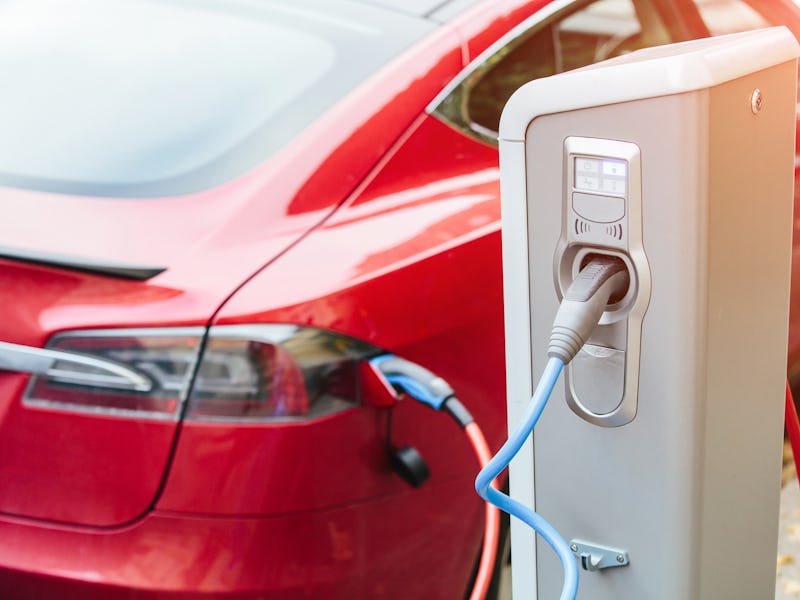Tesla leads movement away from scarce resource found in electric car batteries
We need to more efficiently use certain materials if we're going to keep up with the growing popularity of electric cars.

Electric cars like Teslas are getting more popular every year, but if we're going to keep building electric cars, we need to make sure we have enough of the materials that make up their batteries, and it's looking like that could become a problem in the not-too-distant future. New research that was just published in ACS' Environmental Science & Technology on Wednesday shows the metal cobalt could end up in short supply.
About 60 percent of the cobalt we use in electric car batteries, cell phone batteries and other electronics is mined in the Democratic Republic of Congo (DRC). Russia, China, Cuba, Canada and Australia also produce a lot of cobalt. China is the number one consumer of cobalt in the world.
According to new research from MIT, demand for the metal is expected to increase by roughly 300 percent over the next decade. As things stand, half of all of the available cobalt is already in existing lithium-ion batteries, and we're not doing a very good job recycling batteries. Only about half of lithium-ion batteries are recycled.
The research shows there were a little over 5 million electric cars worldwide in 2018. That's up roughly 2 million from the year before. Demand for cobalt is clearly growing, and it could be as high as 430 kilotonnes by 2030. It is estimated we will be producing between 320 and 460 kilotonnes of cobalt by that year. Demand may not reach the upper level of what it is estimated it could be by 2030, but if it does and we're only producing the lower end of what we could be producing, then we might not be able to meet the demand for this material.
The authors recommend we diversify where cobalt is being mined, invest in more cobalt refining and increase our battery recycling capacity. Considering China does most of the cobalt refining, it'll be important that we also diversify where it's refined. At this very moment, we're seeing disruptions in cobalt refining in China due to the spread of the coronavirus, so it's clear there will need to be more variety in where cobalt is refined in the future in case of emergencies like this one.
All of this said, some don't think we should be relying on cobalt for our car and phone batteries at all. Elon Musk has been saying since 2018 that he's working on making Tesla batteries that contain zero cobalt, and it's looking like Tesla vehicles that will be going on sale in China will have batteries that do not contain cobalt. Cobalt is not only expensive, but the mining process is terrible for the environment, so it makes sense that Musk would want to step away from using the material. It can be replaced with metals like nickel and manganese.
See also: Tesla is running up against the biggest problem in electric cars
Musk may lead us away from using cobalt as much in our car batteries, and perhaps that will mean we'll use it less in phone batteries and other electronics. If we stay reliant on this metal for our batteries, we could see demand exceeding supply within a decade or so.